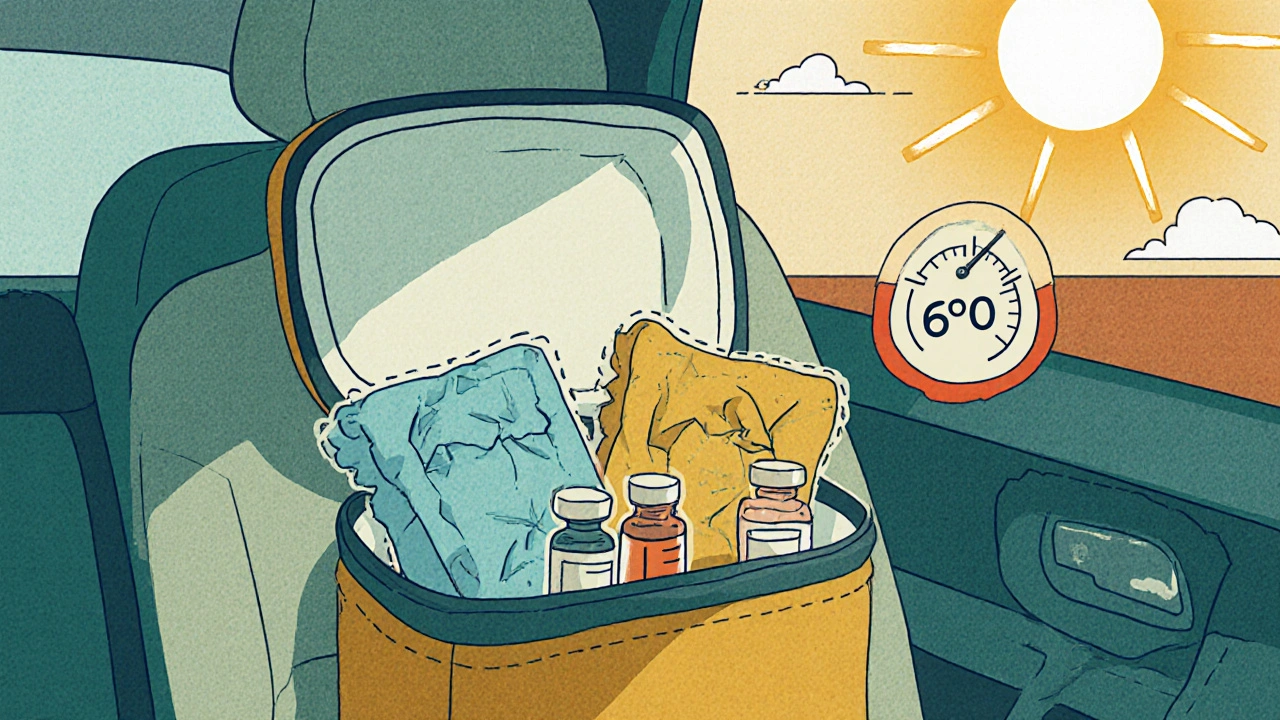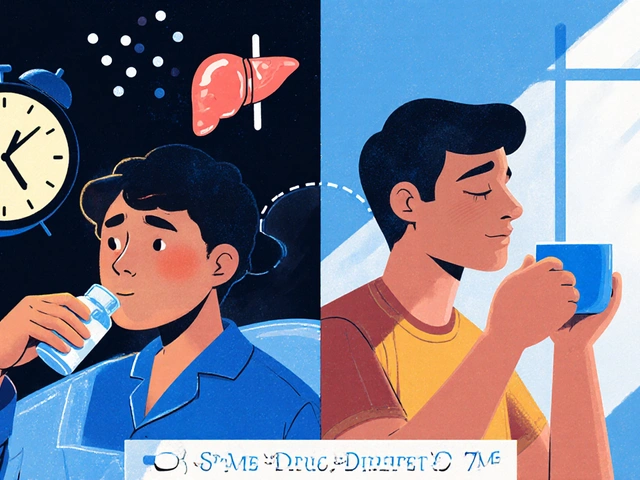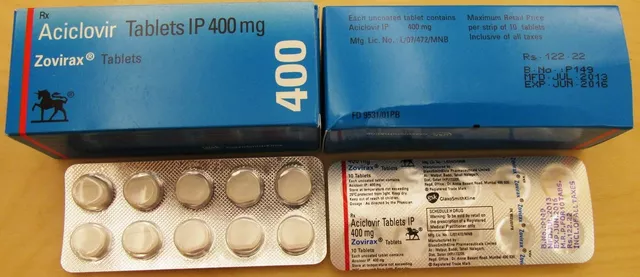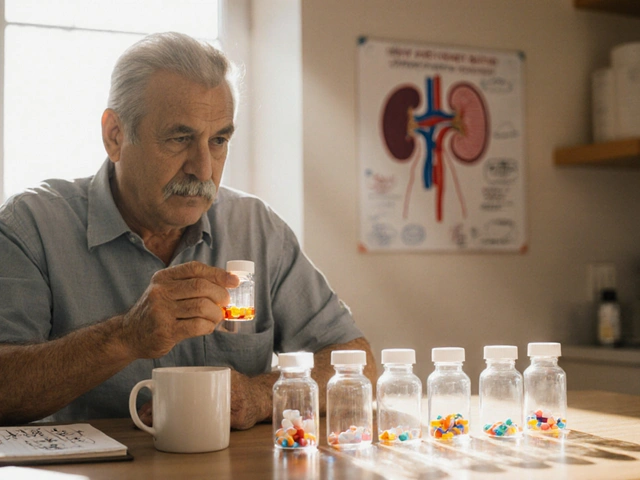Hot Weather Meds: What to Take and What to Avoid in High Temperatures
When the temperature climbs, your body works harder just to stay cool—and some medications can make that job much harder. Hot weather meds, drugs that affect how your body handles heat, hydration, and blood flow. Also known as heat-sensitive medications, they include common prescriptions and over-the-counter pills that can turn a hot day into a medical emergency. If you’re on blood pressure pills, diuretics, antidepressants, or even antihistamines, you might not realize your meds are working against you when it’s 95 degrees outside.
Many people don’t know that dehydration, a dangerous drop in body fluids that happens fast in heat. Also known as fluid loss, it isn’t just about drinking less water—it’s often caused or worsened by medications. Diuretics like hydrochlorothiazide make you pee more, which sounds fine until you’re sweating buckets and your body can’t replace the fluids fast enough. Same with some antipsychotics and anticholinergics—they block your body’s ability to sweat, trapping heat inside. Even common painkillers like ibuprofen can reduce kidney function in high heat, raising the risk of acute kidney injury.
On the flip side, electrolyte balance, the right mix of sodium, potassium, and magnesium in your blood that keeps nerves and muscles working. Also known as mineral balance, it matters more than ever when it’s hot. Losing too many electrolytes through sweat without replacing them leads to cramps, dizziness, and worse. Oral rehydration salts, coconut water, or even a pinch of salt in your water can help—but only if you’re not on meds that already mess with your kidneys or sodium levels. And don’t assume sports drinks are always safe: some contain sugar and additives that clash with diabetes or heart meds.
Heat stroke isn’t just about being outside too long—it’s often a drug interaction waiting to happen. People on beta-blockers for heart conditions can’t pump blood to the skin to cool down. Those on SSRIs might have trouble regulating body temperature. And if you’re taking any meds for thyroid issues, Parkinson’s, or allergies, your risk goes up. The good news? You don’t have to suffer in silence. Adjusting timing, staying hydrated, and checking with your pharmacist can cut your risk in half.
Below, you’ll find real guides on how specific drugs behave in heat—from statins and diuretics to pain relievers and mental health meds. No fluff. No guesses. Just what works, what doesn’t, and what you need to ask your doctor before the next heatwave hits.

- Nov 19, 2025
- Posted by Cillian Osterfield
How to Transport Medications in Hot and Cold Weather: A Practical Guide for Patients and Caregivers
Learn how to safely transport temperature-sensitive medications like insulin and vaccines in hot or cold weather. Avoid degradation, maintain potency, and protect your health with practical tips for travel, storage, and emergency situations.
Categories
- Health and Wellness (72)
- Medications (71)
- Health and Medicine (28)
- Pharmacy Services (12)
- Mental Health (9)
- Health and Career (2)
- Medical Research (2)
- Business and Finance (2)
- Health Information (2)
Latest Posts
©2026 heydoctor.su. All rights reserved





